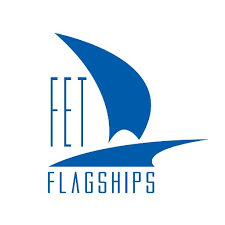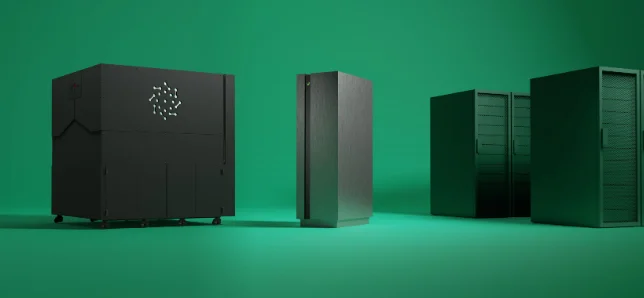Startup Growth Trend
In the last few years, it seems quantum computing (QC) has seen exponential growth in the number of European startups in the space. Companies like IQM Finland and Phase Space Computing out of Scandinavia. Quandela in France. And Alpine Quantum Computing (AQC) from Austria. These are just a few of the dozens on the Old Continent which see quantum information systems as the technological way forward.
The UK, too, has its fair share of QC startups, but its imminent exit from the European mainland with Brexit means it will be European in only a geographical sense if it fails to get the free trade deals it so wants.
‘Bad shit is coming. It always is in a startup. The odds of getting from launch to liquidity without some kind of disaster happening are one in a thousand. So don’t get demoralized.’

— Paul Graham, co-founder of Y Combinator
A bright spot in September last year, then, was that one of the leading countries in the European Union, France, pledged over five billion euros to fund startups in the country.
News has been lacking on the topic of late, but hope springs eternal, doesn’t it?
Announcement
In 2016, at a Franco-German conference on digitalization, Sigmar Gabriel, the German Minister for Economic Affairs, along with his French counterpart, Michel Sapin, made public the news about a €1 billion fund.
Not much happened with that, either.
The money will be used to develop startups beyond the Seed Stage as they see a ‘funding gap’ developing.
‘On the side of the [European] startups, what I’m seeing over the last couple of months is that researchers — they might be senior scientists or postdocs — starting to create companies, or at least thinking about creating companies. In Europe, we’re behind the U.S. or Canada in that respect, but there are more researchers who started showing an interest, some toward the hardware side too. Particular areas of interest are in the U.K., also in France, a little bit in Germany, and the Netherlands. I’m not sure about the startup ecosystem, but Sweden has announced plans for supporting the quantum industry, so is certainly a country we should have a look at, along with Finland. So things are changing for sure, and there are all these great opportunities — far more than there were a year ago.’
— Christophe Jurczak, CEO of Quantonation, a French early-stage venture fund
Chump Change
The interest in deep tech such as AI, cybersecurity, robotics, biotech and, of course, quantum computing in Europe has grown over the last decade, but in comparison with the investment seen in the United States and China, the money is just chump change.
‘Our desire is to make France the leading ecosystem in Europe. We want to create many more unicorns in the next few years. Today there are seven and we are targeting 25 unicorns by 2025 and companies that are worth €5bn, €10bn, €15bn.’
— Cédric O, France’s minister for the digital economy, September 2019
The promise of this €5.5 billion, then, will add to Europe’s flagship Future and Emerging Technologies (FET) project, which was launched in 2018 with some €1.2 billion promised over ten years.

Whether or not the QC startup space in France becomes a priority in deep tech investment is open to debate. Entrepreneurs in the industry, for sure, have simply to keep their fingers crossed that the top brass in Paris and Brussels, respectively, sees the QC ecosystem as a critical industry worth investing valuable resources in.
The New Year, no doubt, will see ‘many promises’ in regard to EU funding and VC investment in startups across the continent. Some of them will be true to fact. Others smoke and mirrors at play. Let’s just hope that any money that does funnel its way into the startup ecosystem gets to the QC space before it reaches other sectors.
















